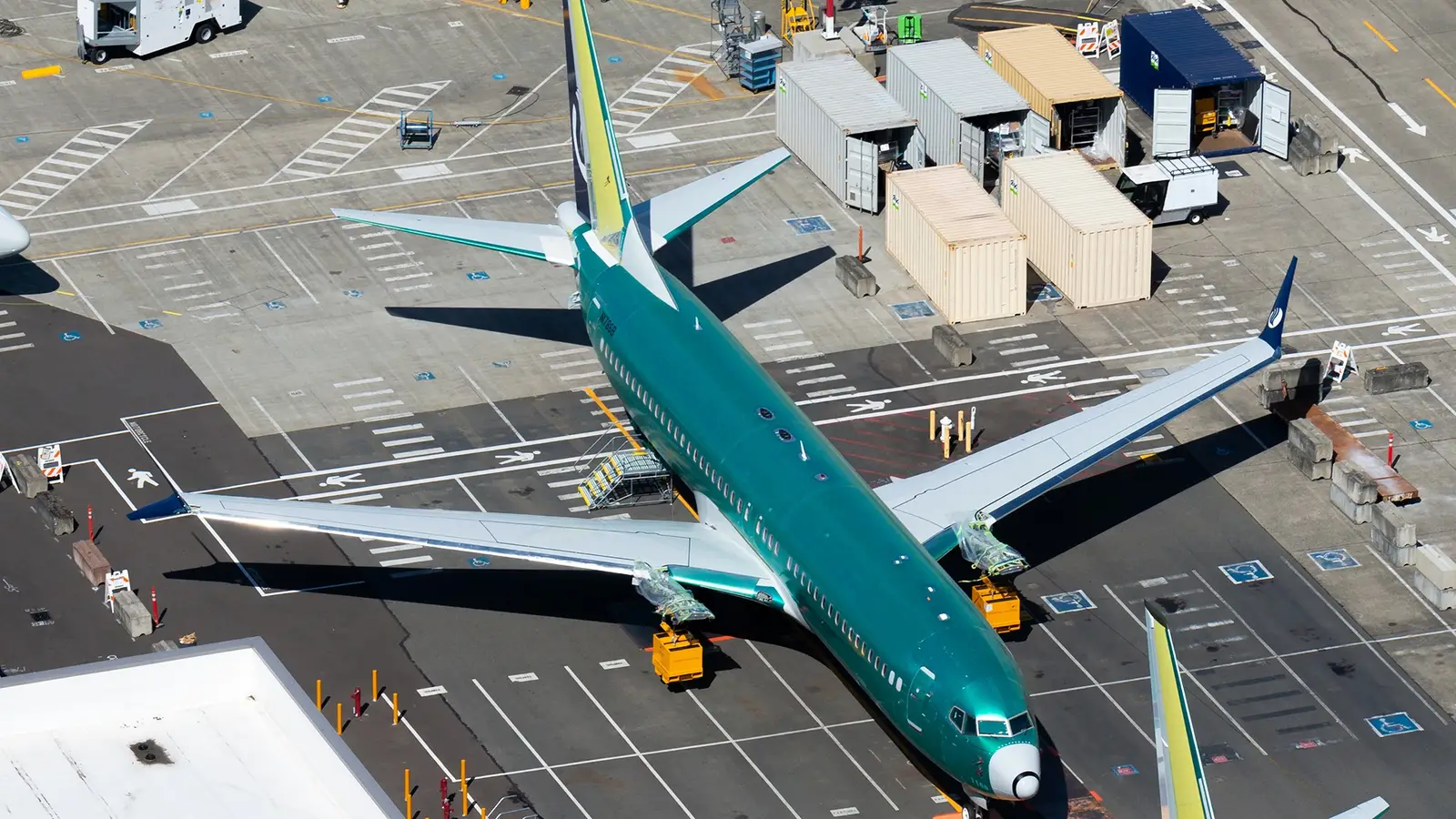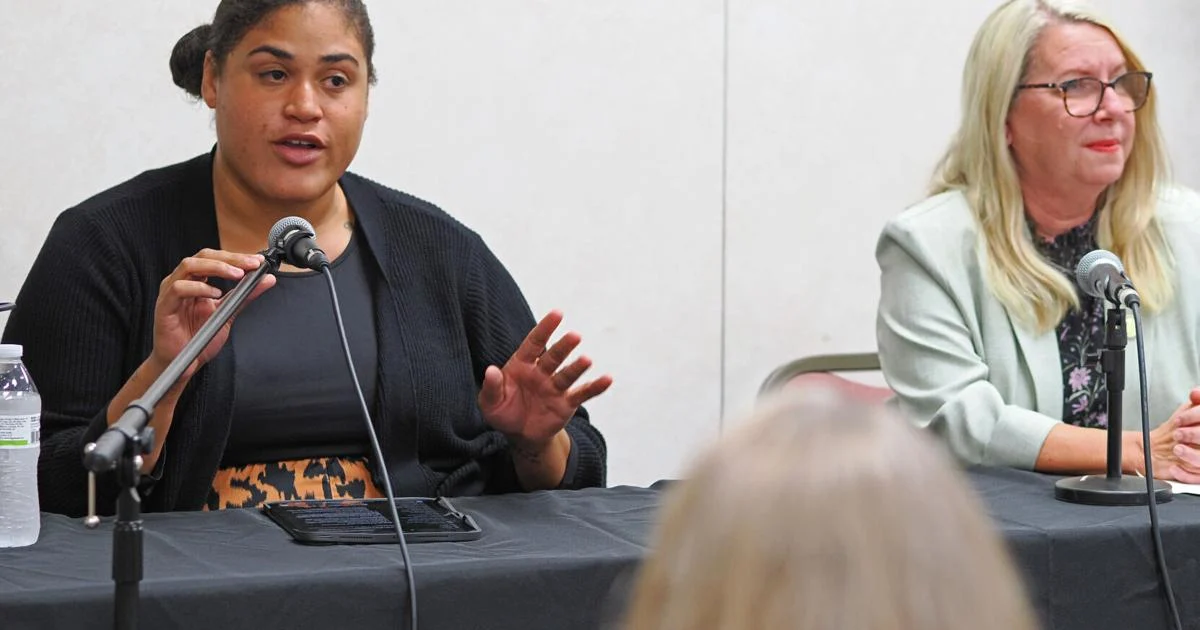Boeing & Striking St Louis Workers To Employ Federal Mediator In Next Round Of Negotiations

Boeing and striking machinists in St. Louis will bring in a federal mediator for the next round of contract negotiations. Approximately 3,200 employees at Boeing Defense across three of the company’s major defense manufacturing sites: St. Louis and St. Charles, Missouri, as well as Mascoutah, Illinois, have been on strike for close to nine weeks since August 4, 2025.
The International Association of Machinists and Aerospace Workers District 832, which represents the machinists who maintain advanced fighter jets and other weapons systems vital to US and allied defense, has been pushing for higher wages and improved working conditions. According to the union, talks are set to resume on September 30, 2025, with a federal mediator present.
Boeing Defense Machinist Strike Nears Ninth Week
The strike by machinists at Boeing Defense in St. Louis hit its 53rd day on September 26, 2025, equaling the length of last year’s walkout by other members of the International Association of Machinists and Aerospace Workers in the Northwest, who build most of Boeing’s commercial aircraft. That strike concluded with Boeing making significant concessions and increasing wages by 38% over the next four years.
Machinists are now pressing for a stronger contract. Just last week, workers voted in favor of a union-backed proposal after rejecting Boeing’s previous two offers. The four-year agreement, put forward by the International Association of Machinists and Aerospace Workers District 837, promises a $10,000 ratification bonus, more than double Boeing’s proposed $4,000, and tackles key concerns such as pay increases for top-scale members and improvements to 401(k) benefits. Boeing called the rejection “disappointing,” and said that the revised agreement was the most competitive contract package it had ever offered to its St. Louis workforce. IAM Union International President Brian Bryant said in a statement:
“Our members stood up with courage and voted for a fair, responsible pathway to end this strike. Now, Boeing must honor that decision, accept this deal, and show respect for the skilled workers who are the backbone of its defense business…The bargaining committees for Boeing and IAM 837 have agreed to return to negotiations on Monday with the help of a federal mediator in an effort to find a path to end the strike.”
Economic Pressure Eases On Boeing
The American aircraft manufacturer is under significantly less financial strain than it was during the 2024 strike. Richard Aboulafia, managing director at AeroDynamic Advisory, told Reuters that this time, the walkout is centered on military programs that are either in low-rate production or still in testing, rather than on the company’s highly profitable Boeing 737 narrowbody aircraft program.
Aboulafia noted that much of the equipment and components for the fighter jets have already been paid for by the United States government, which softens the financial impact of having parts sit idle during the strike.
In response to the ongoing strike, a company spokesperson said Boeing has warned that it may bring in replacement workers and is already reviewing hundreds of applications submitted after a recent job fair, according to Reuters. The spokesperson added that the American aircraft manufacturer has delivered one F/A-18 and one F-15 and produced 3,120 JDAM bomb-modification kits over the course of Boeing’s worker strikes.
Last Year’s Strike Ended With A 38% Wage Increase
On November 4, 2024, Boeing machinists approved a labor agreement that ended a seven-week strike, which had severely disrupted the company’s production and pushed it further behind on aircraft deliveries.
The breakthrough came when members of the International Association of Machinists in the Northwest, who assemble most of Boeing’s commercial aircraft, voted in favor of the deal. The contract included a significant concession from Boeing: a 38% wage increase over four years, along with a range of other improvements.



